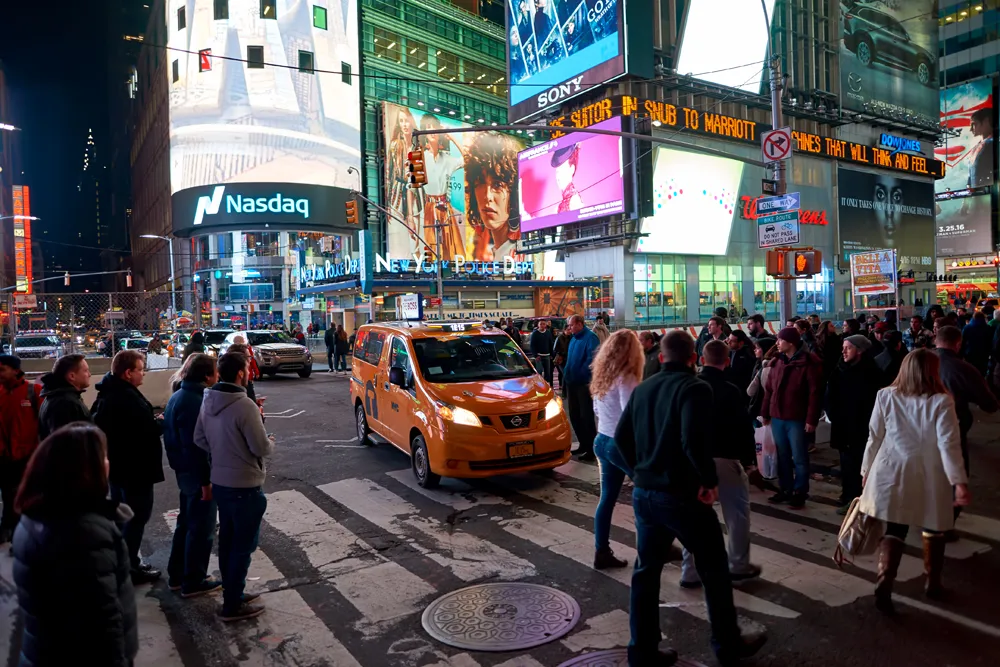The American Association of State Highway and Transportation Officials' (AASHTO) Standing Committee on Highways has approved a resolution calling for the next update to AASHTO's design guidelines to better address multi-modal transport issues.
That committee is made up of engineers from various state Departments of Transportation and recommended the changes to AASHTO’s Green Book, or Policy on Geometric Design of Highways and Streets). The research-based, peer-developed guidance serves as the basis for t
June 1, 2016
Read time: 2 mins
The 4944 American Association of State Highway and Transportation Officials' (AASHTO) Standing Committee on Highways has approved a resolution calling for the next update to AASHTO's design guidelines to better address multi-modal transport issues.
That committee is made up of engineers from various state Departments of Transportation and recommended the changes to AASHTO’s Green Book, or Policy on Geometric Design of Highways and Streets). The research-based, peer-developed guidance serves as the basis for the design of roads on the National Highway System, as well as many state and local roads.
"We have seen consistent growth in walking and biking throughout the country, and we also have seen an increase in crashes and fatalities involving them," said Kirk Steudle, Standing Committee on Highways chair and director of the1688 Michigan Department of Transportation. "Our state agencies need robustly-researched guidance on how to best incorporate all modes of travel when designing safe and efficient roadways that serve all users."
"Multi-modal design philosophies have been described using a variety of names, including context-sensitive solutions; practical design and complete streets," said Bud Wright, AASHTO executive director. "Regardless of the name, the ultimate goal is always to design a safe transportation system that supports a greater quality of life and robust economy."
That committee is made up of engineers from various state Departments of Transportation and recommended the changes to AASHTO’s Green Book, or Policy on Geometric Design of Highways and Streets). The research-based, peer-developed guidance serves as the basis for the design of roads on the National Highway System, as well as many state and local roads.
"We have seen consistent growth in walking and biking throughout the country, and we also have seen an increase in crashes and fatalities involving them," said Kirk Steudle, Standing Committee on Highways chair and director of the
"Multi-modal design philosophies have been described using a variety of names, including context-sensitive solutions; practical design and complete streets," said Bud Wright, AASHTO executive director. "Regardless of the name, the ultimate goal is always to design a safe transportation system that supports a greater quality of life and robust economy."








